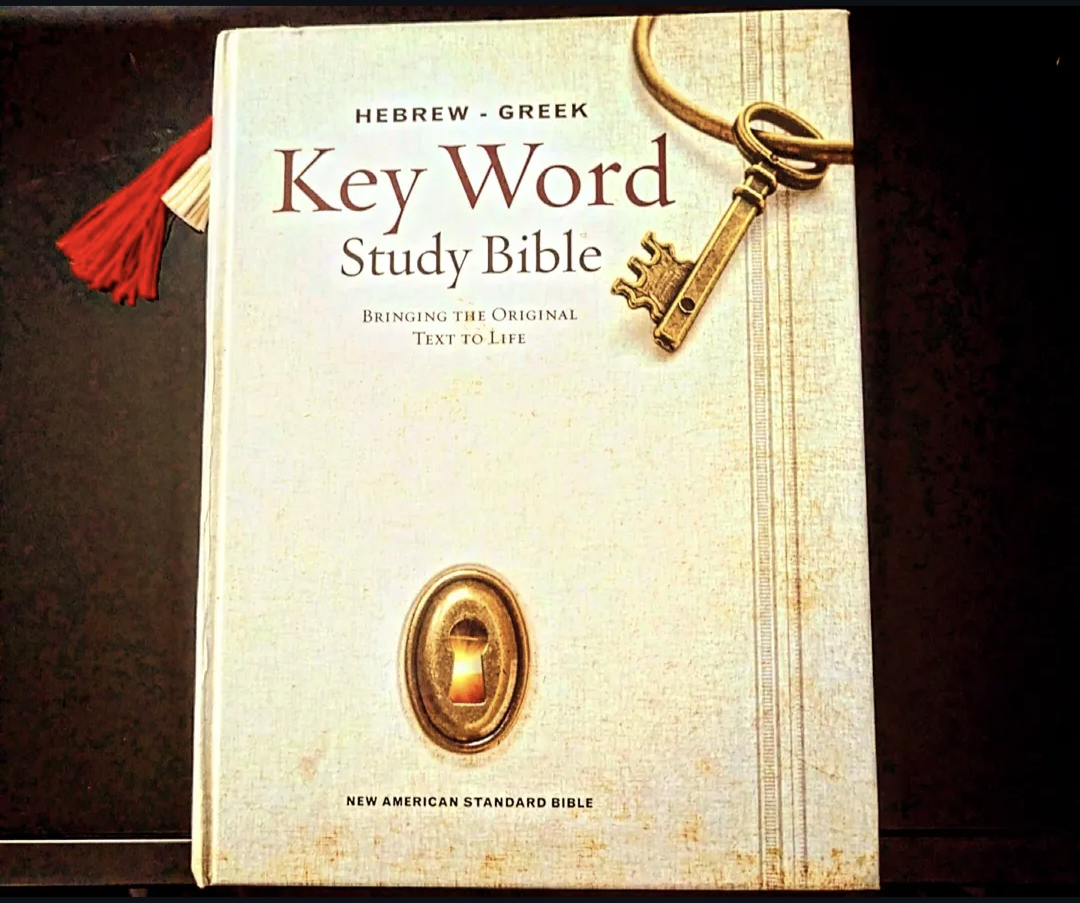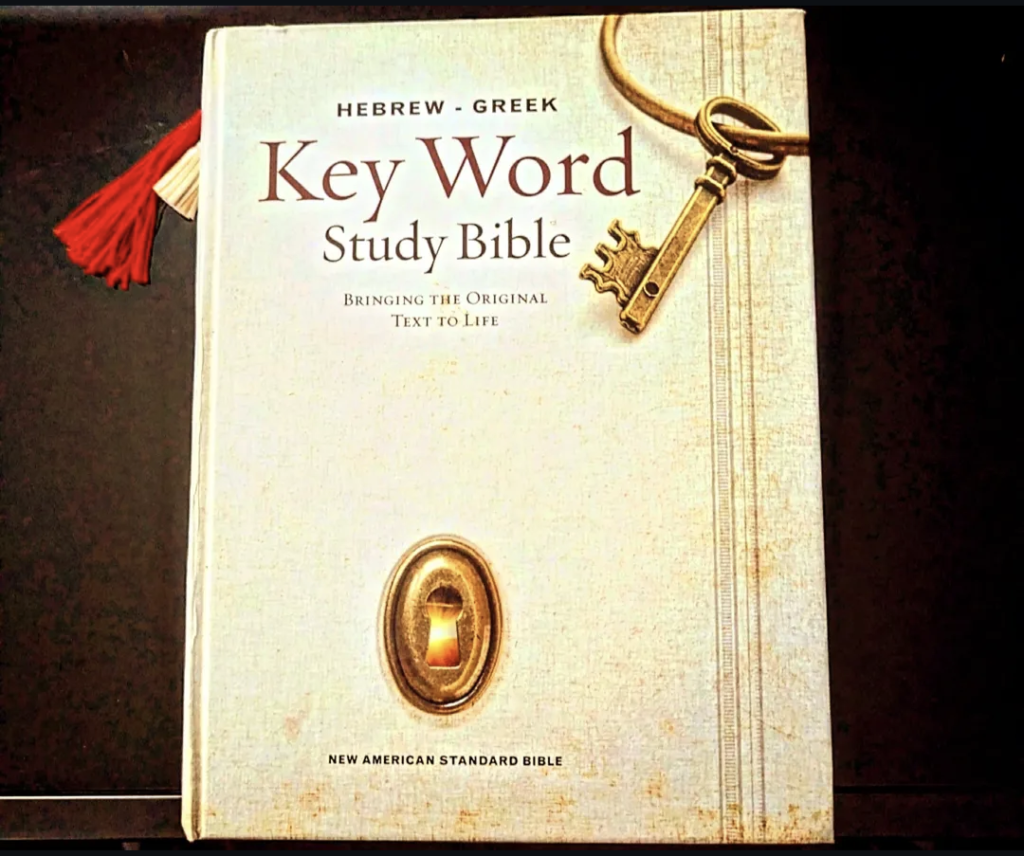Physical Address
304 North Cardinal St.
Dorchester Center, MA 02124
Physical Address
304 North Cardinal St.
Dorchester Center, MA 02124
With Michael Walker
With Michael Walker

A message to Believers.

The New American Standard Bible (NASB) is widely celebrated for its commitment to literal translation principles, making it a preferred choice for those seeking a faithful representation of the original biblical texts. Its translation philosophy, known as “formal equivalence,” prioritizes word-for-word accuracy, ensuring that the nuances and structures of the original Hebrew, Aramaic, and Greek manuscripts are preserved. This approach allows readers to engage deeply with the Scriptures, offering a closer connection to the original languages.
The NASB’s dedication to accuracy is evident in its use of the most reliable ancient manuscripts, such as the Masoretic Text for the Old Testament and the Nestle-Aland Greek New Testament for the New Testament. By incorporating advancements in biblical scholarship and textual criticism, the NASB provides a translation that is both precise and trustworthy. Additionally, its extensive footnotes and cross-references offer valuable insights into textual variants and translation choices, enhancing the reader’s understanding.
While no single translation can perfectly capture every nuance of the ancient languages, the NASB’s literal approach makes it an excellent tool for in-depth study and theological exploration. It avoids paraphrasing or adding interpretive elements, allowing readers to interpret the text’s meaning for themselves. This is particularly important for those who value the integrity of the Scriptures and seek to understand God’s Word as closely as possible to its original form.
In contrast to translations that prioritize readability or dynamic equivalence, the NASB’s formal style may require more effort from readers to grasp the text’s meaning. However, this effort is rewarded with a deeper appreciation of the biblical message and its historical and linguistic context
For those who wish to immerse themselves in the Word of God with accuracy and reverence, the NASB stands out as a reliable and meaningful choice.
By emphasizing the NASB’s strengths—its literal translation philosophy, scholarly rigor, and commitment to preserving the original text—you can confidently advocate for its use among those seeking a profound and authentic engagement with Scripture.